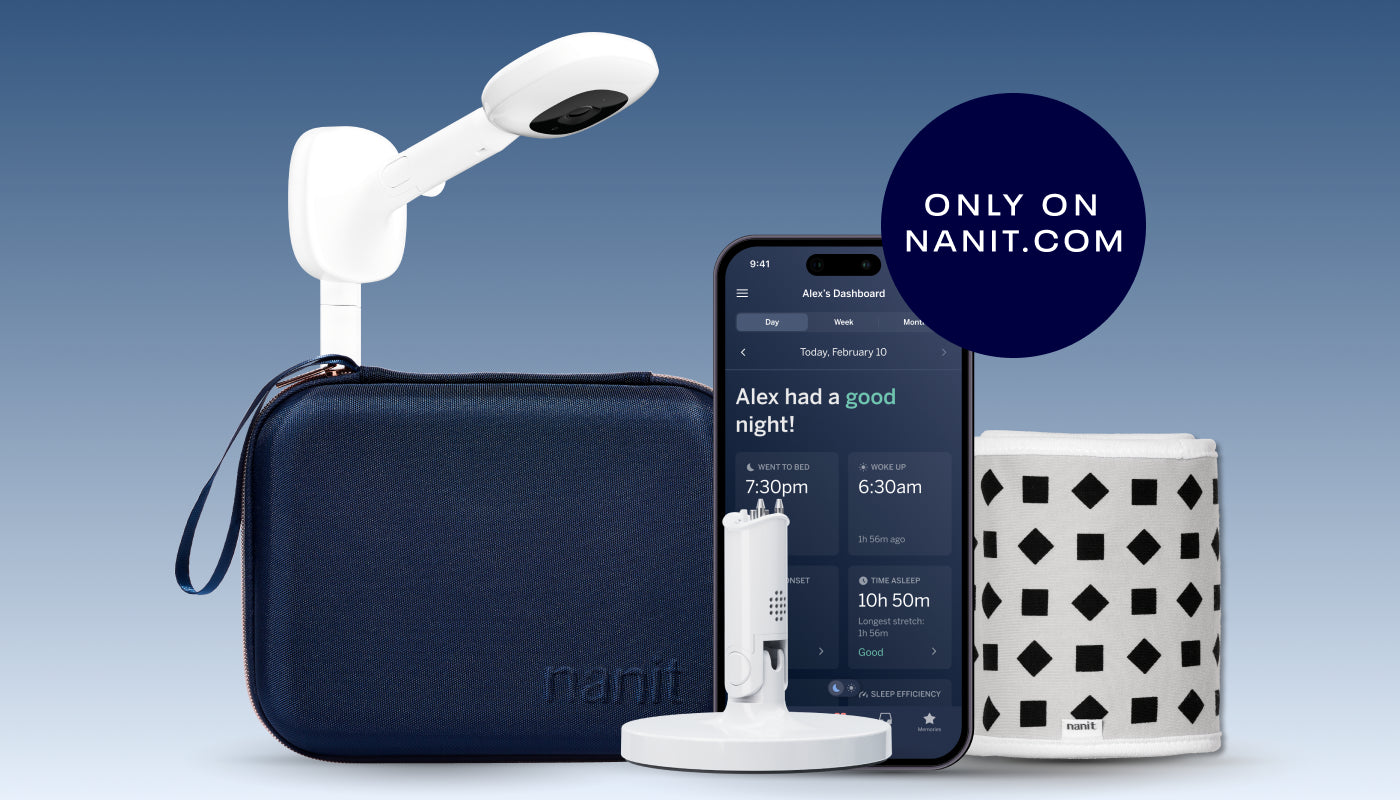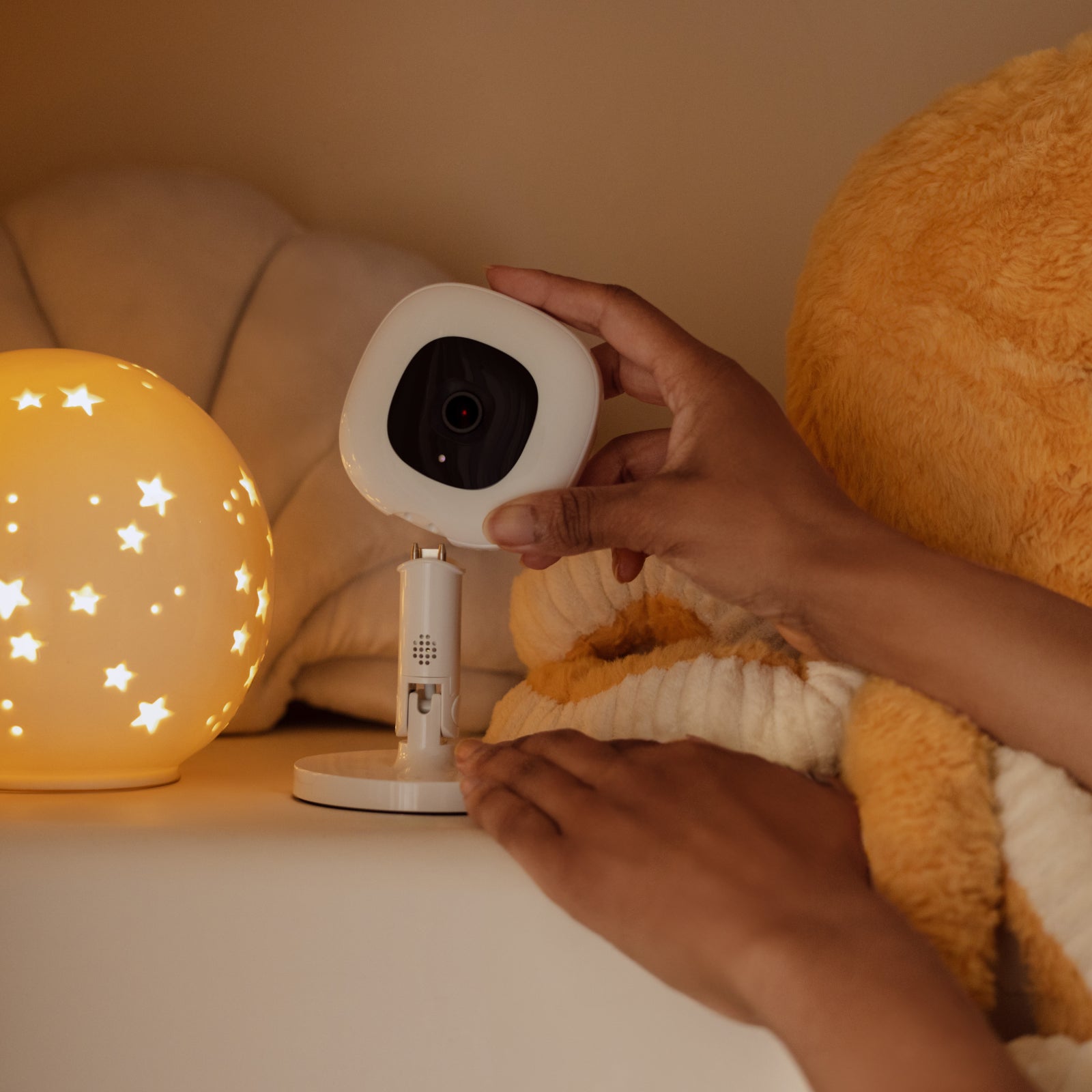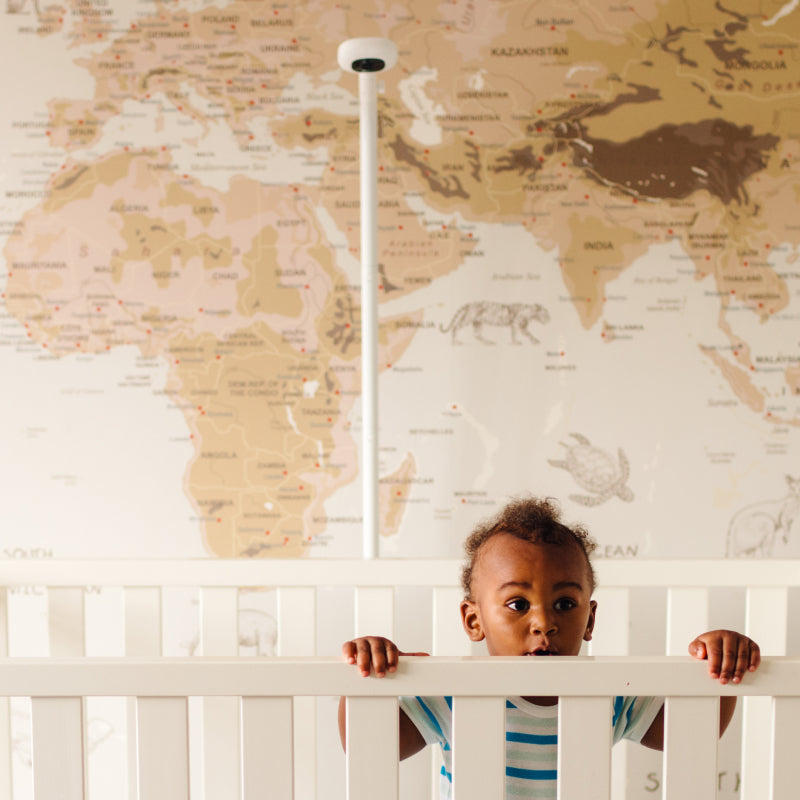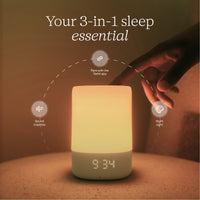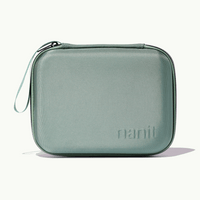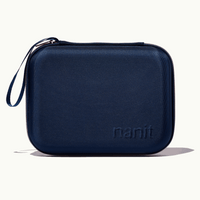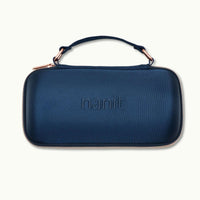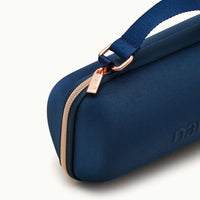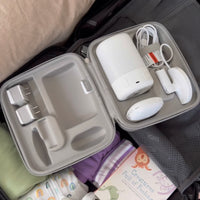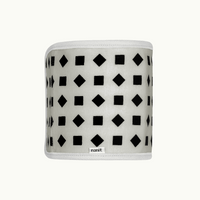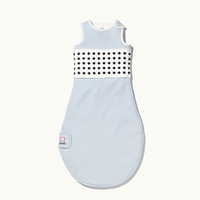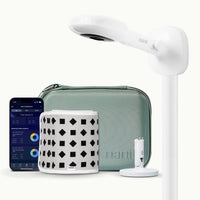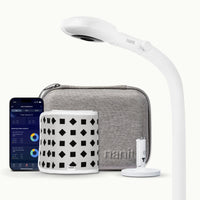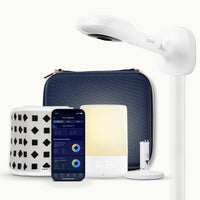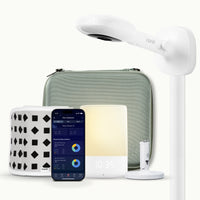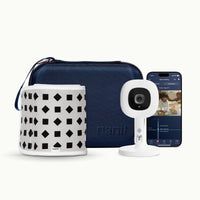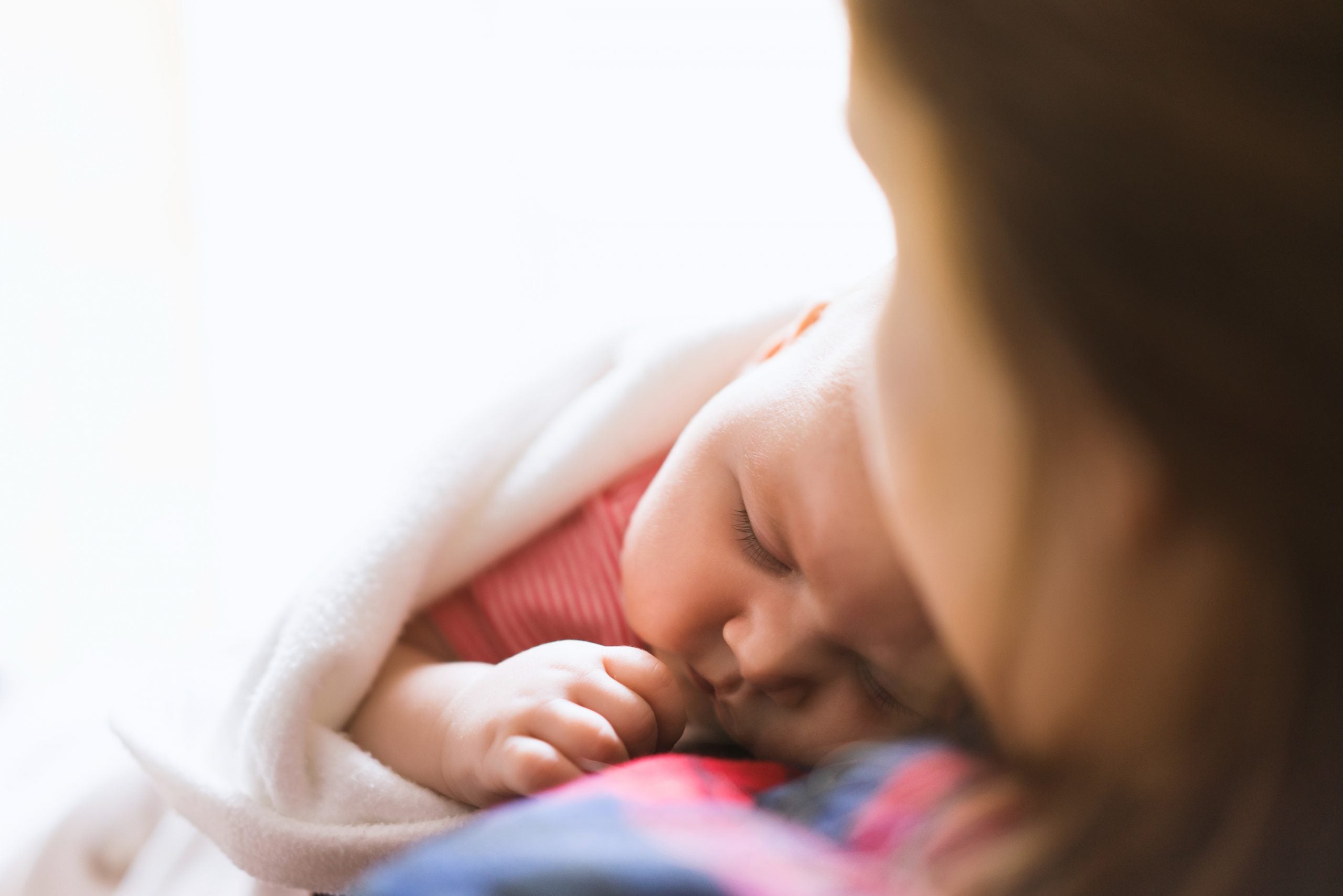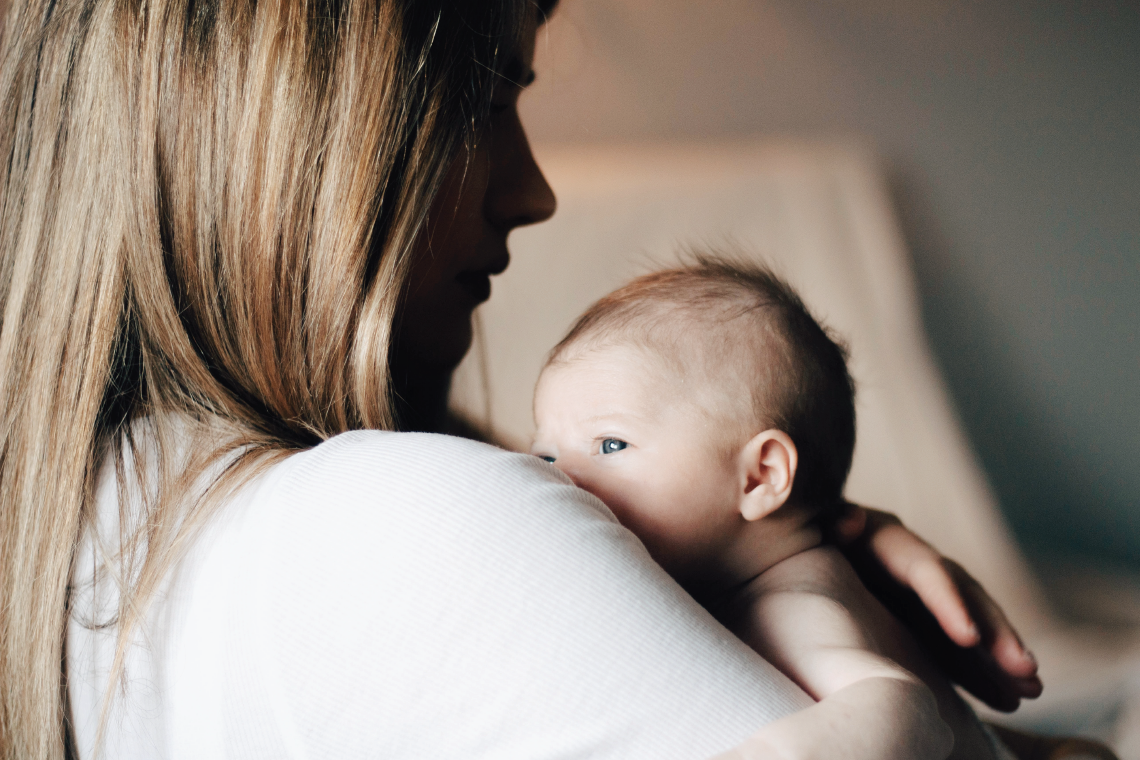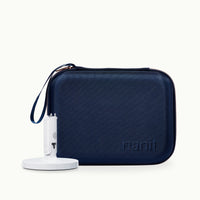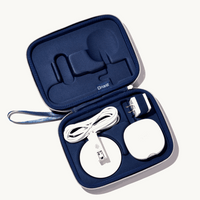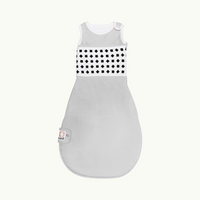Hearing that you’re becoming a dad for the first time can bring a shocking number of emotions, thoughts, and questions. You’re probably excited, but you’re probably feeling some variant of overwhelm too.
And, while cultural norms surrounding parenting are shifting, most dads-to-be simply know less about babies than their partners. I’d never held a baby before my first daughter was born, and I didn’t know the answer to the question, “do babies drink water?”
The good news is that a little bit of knowledge can go a long way, and, as it turns out, newborns are absolutely fascinating, so learning about them can be not only useful, but fun too.
Let’s get started with 5 surprising things about newborns that are great examples of the concept that just knowing this stuff will make you a better parent.
#1: Your newborn doesn’t produce enough melatonin to know the difference between night and day.
I’m the dad of two kids, and at my company Fathercraft, we produce online courses for new and expecting dads. It’s funny to learn things I wish I’d known earlier. One great example was while interviewing Nanit’s own Dr. Natalie Barnett, PhD, for our Baby Sleep School course.
Dr. Barnett let us know that newborn babies don’t produce enough of the hormone that helps regulate the sleep/wake cycle, melatonin, when they’re born to tell the difference between night and day. Melatonin production increases after a few months, but knowing this information can be really helpful to tired parents of newborns wondering about when their baby will start to get on a regular sleep schedule.
#2: ‘Tummy Time’ is your baby’s very first workout move.
Babies need exercise too. Your baby’s very first exercise move is called “tummy time” and it can actually begin (carefully) a few days after your baby is born. Tummy time is just what it sounds like. Being careful to support your baby’s head and neck, you place your baby on her tummy (while she’s awake!) and let her wriggle around.
At first, she may get frustrated after a few minutes and need to be picked up. But, as she gets stronger and older, she’ll enjoy picking up her head to look around during tummy time and will develop critical head control and neck strength.
#3: 50% of parents install car seats wrong.
Ok, this isn’t so much a fact about newborn babies as the parents who take care of them, but it’s important. According to studies by the NHTSA, as many as 50% of parents may install car seats incorrectly.
Car seats, as it turns out, are tricky. So, beyond the obvious lecture (this isn’t the time to be one of those ‘I’m too cool to read the instructions’ type guys), it’s also important to get your car seat checked by a professional. You can do this at many local fire stations, but most hospitals have certified car seat techs who can and should check your installation before you leave the hospital with your newborn.
#4: Babies’ skulls aren’t fully closed when they’re born.
There are a couple of reminders babies’ bodies give us about how fragile they are. Babies are born with no bones in their knees! But perhaps no more so than the fact that when babies are born, their skull isn’t closed—instead there are two spaces between the skull where bone formation isn’t complete, called fontanels.
While these soft spots are perfectly normal, nothing to worry about (and, let’s face it, kind of weird), they’re a great reminder of how carefully you should handle your baby. Babies are resilient, but falls are one of the leading causes of injury, so, be safe, and never put your baby on a raised surface without at least one hand on her.
#5: Safe sleep is paramount.
Speaking of dangers to your baby, many dads are surprised to learn that, if you’re not taking proper precautions, sleep can be a dangerous activity. The two main risks during sleep are SUID and SIDS. Place your baby on her back to sleep, on a firm flat surface (her crib) every time. Skip the blankets and stuffed animals. Use a sleep sack (like the one Nanit produces), and do not co-sleep.
Wrapping Up
In parenting, and for dads in particular who may start with less of it, a little knowledge can go a long way. You’ll be more confident, understand safety risks and how to avoid them, and be able to relax and enjoy your new baby.
Nanit’s blog has tons of great information on baby sleep. We also recommend what we at Fathercraft refer to as ‘the bible of parenting’: The American Academy of Pediatrics’ Caring for Baby and Young Child, 0-5. And, on our website, you can find free resources and video courses like our flagship course designed to help expecting dads, Father’s Ed.

